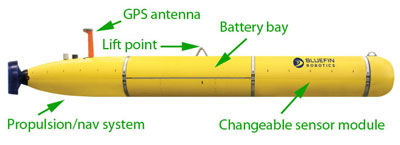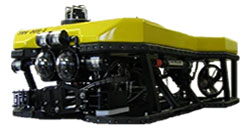
So I blacked out and when I woke up I had a preorder for the new Google Nexus 7 tablet lined up and ready to go. I swear, it's not my fault! Ok, it is. The good news is that I didn't put myself in any financial trouble because I already had the money stashed away for emergency gadget buying.
I prioritize what's important by allocating a large part of my take home pay after bills, savings, and regular expenses to spend on whatever I want. As you can tell by this blog, I love tech and science. So I save this splurge money every paycheck until I find something I want that's tech and science related, so that I can get it with no worries.
This only works if you go cheap on things that you don't really care for. For me, a big chunk of that is for clothes. I wear clothes until they die and don't care much about what's the fashionable wear for this year or season. I also rarely go out and spend massive amounts on drinks or other expenses involving in clubbing. I spend minimally on this and other stuff so that I can splurge on what I love.
Don't go broke ... just adjust your priorities!





